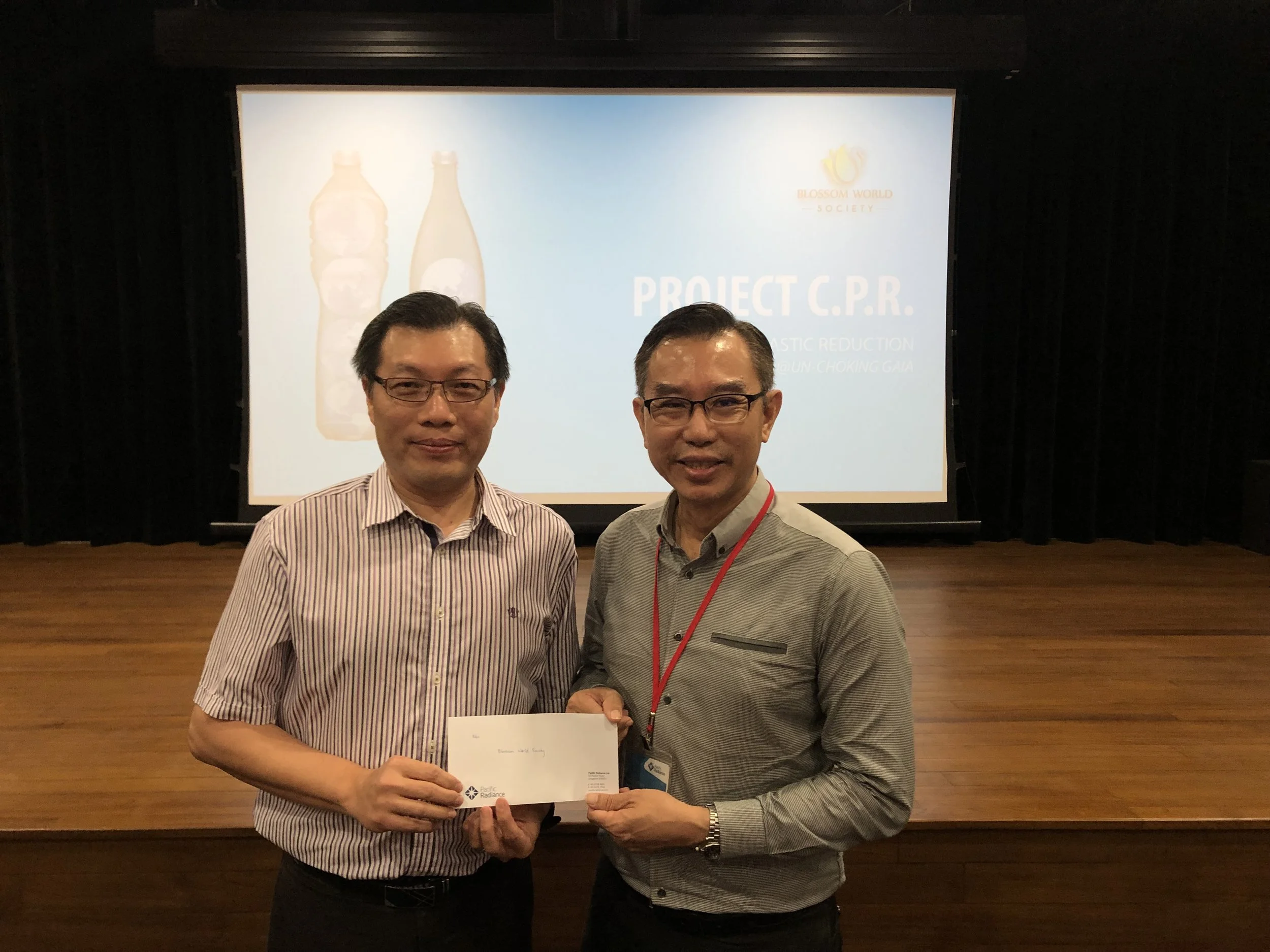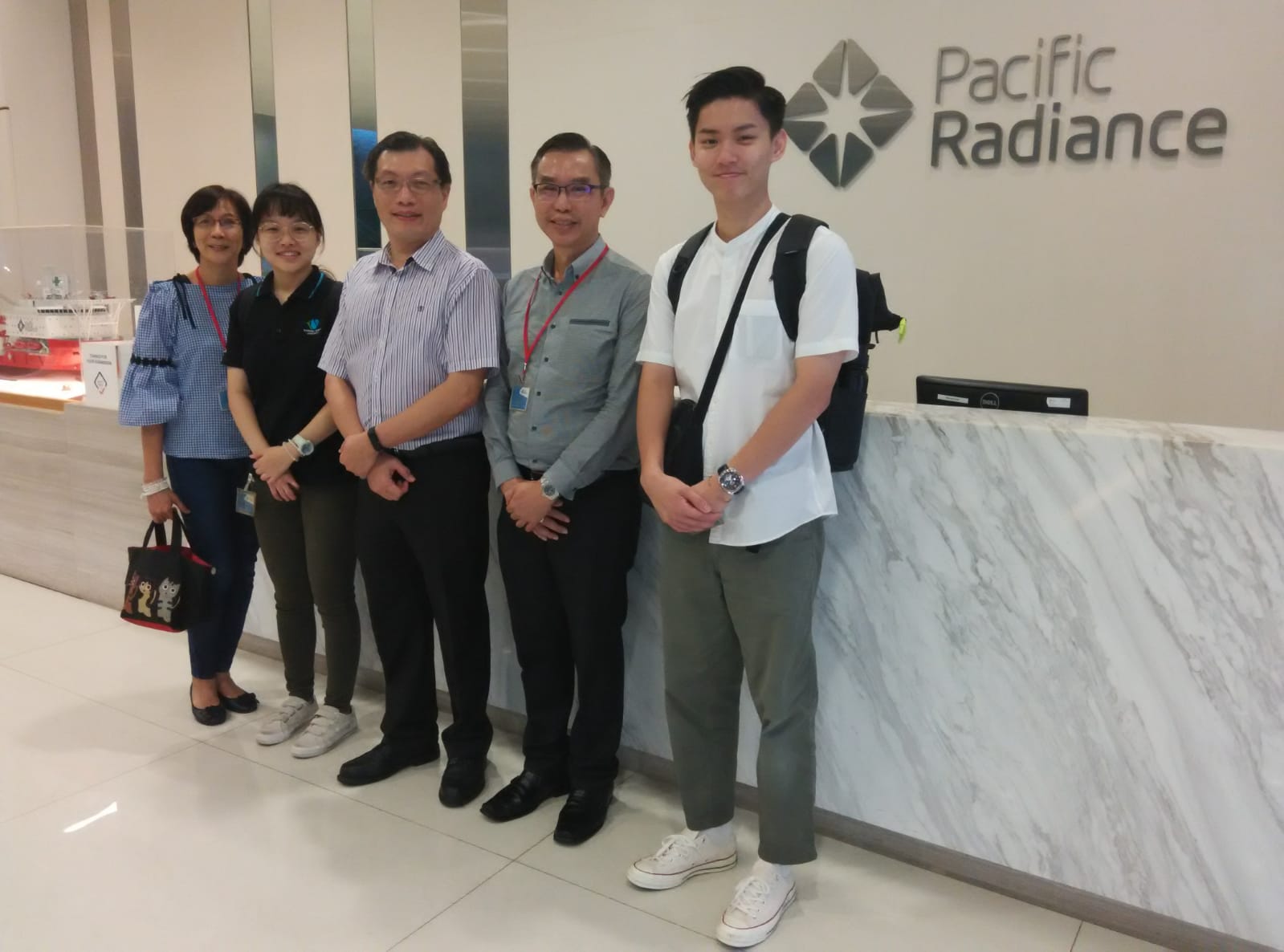Sharing with Pacific Radiance
A pleasant and productive meeting with staff from Pacific Radiance
Our volunteer’s presentation about our initiative, Project C.P.R., to staff from Pacific Radiance
The ocean can’t take any more. For centuries we have dumped our unwanted waste into the seas, creating a crisis that threatens not only marine life, but everything that depends on the seas. And despite our technological prowess, humans have so far been unable or unwilling to stem the tide of pollution entering our ocean.
Marine animals will often mistake small pieces of plastic for food, and over time consuming them, it becomes too much for their bodies. Many of them will eventually succumb to the plastic waste. Study after study has shown that a large number of marine animal deaths are now a direct result of marine debris.
But it doesn’t have to be this way. This global problem demands a global solution; one that brings together the best technology, the most effective resources and, importantly, the most dedicated and influential partners to launch an innovative recovery plan.
Blossom World Society’s Project C.P.R. is campaigning to end the flow of plastic into our oceans. We have the privilege to attain help from big corporations like Pacific Radiance to act upon reducing our plastic footprint – and stop producing excessive plastic packaging that is designed to be used once then thrown away.
Despite help from corporations, the demand for single-use plastics needs to be regulated first before the issue of disposing can be addressed. Everyone’s small efforts can make a difference in addressing the main issue that the demand for single-use plastics.
To tackle plastic pollution, start by avoiding products that use plastic and single-use plastics as much as possible. When buying a drink, opt to bring your own bottle. When shopping, bring your own grocery bags or refuse a plastic bag. By avoiding single-use plastics, you can help to reduce the amount of plastic being added as waste.
If you have to use plastic, consider recycling them when you’re done. Plastic bags from grocery stores, for example, can be used to line bins or used as trash bags. Once you start paying more attention to your consumption patterns, you will begin to notice how much plastic you use, and can make better choices.




